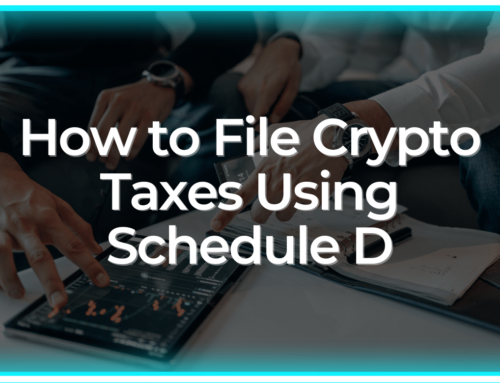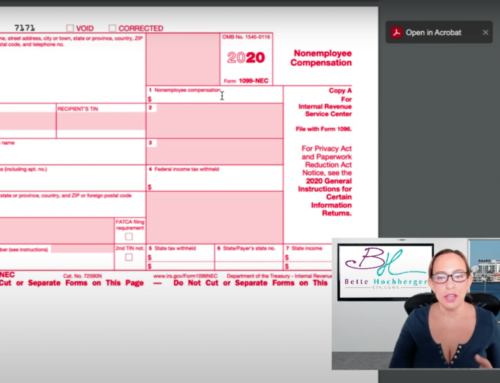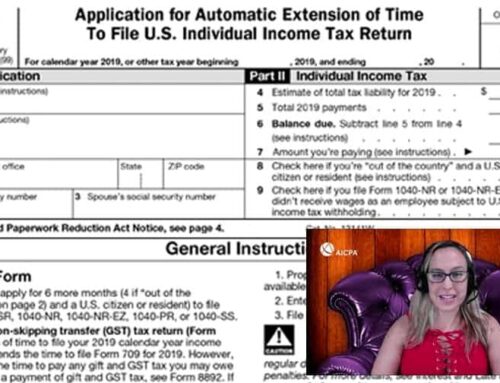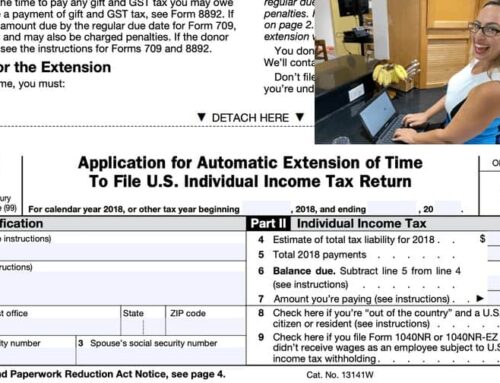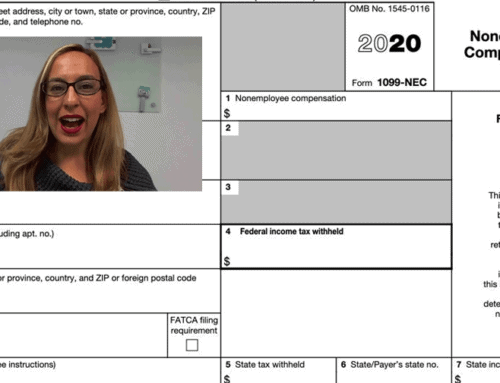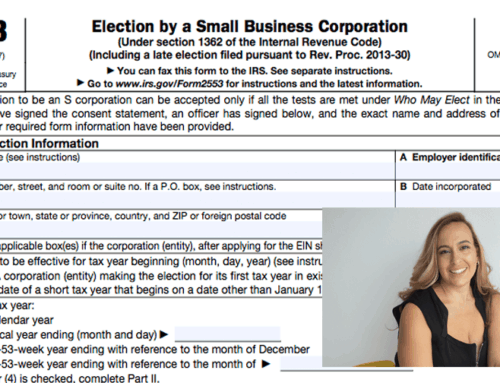Educational Video
If you’re a landlord or someone who rents out property, understanding how to report your rental income is essential. Not only is it a legal requirement, but it also helps you keep track of your earnings and expenses. Hi everyone, I’m Bette Hochberger, CPA, CGGMA, and in today’s “how-to” quickie, I’ll be breaking down the process of reporting rental income on your tax return.
What is Rental Income?
Rental income is the money you earn from renting out property, whether it’s a single-family home, apartment, or commercial space. This income is typically received monthly and must be reported to the IRS if you’re in the United States.
Why is Reporting Important?
Reporting your rental income is important for several reasons:
- Legal Compliance: Failing to report rental income can lead to penalties and interest on unpaid taxes.
- Tax Deductions: Accurately reporting your income allows you to deduct allowable expenses, such as maintenance costs, property management fees, and repairs, which can lower your tax bill.
- Financial Tracking: Keeping detailed records helps you understand your cash flow and make informed financial decisions.
How to Report Rental Income
Keep Accurate Records
It all starts with proper documentation. Keep track of all rental payments you receive. You can use spreadsheets or property management software to log these transactions. Document any other income, such as late fees or security deposits (if they are non-refundable).
Identify Allowable Expenses
You can deduct expenses related to managing and maintaining your rental property. Common deductible expenses include:
- Mortgage interest
- Property taxes
- Insurance
- Repairs and maintenance
- Utilities (if paid by you)
- Property management fees
Complete the Right Tax Form
In the U.S., rental income is typically reported on Schedule E (Form 1040). This form allows you to report your income and any associated expenses. If you have more than one rental property, you’ll need to fill out a separate Schedule E for each property.
Calculate Net Income
To determine your net rental income, subtract your allowable expenses from your total rental income. This will give you the amount that should be reported on your tax return.
Consider Professional Help
If you find the reporting process tricky, schedule a meeting with us, or watch this quick “how-to”. We can help you navigate the complexities of tax laws and ensure you’re taking advantage of all deductions available to you!
Tips for Smooth Reporting
- Stay Organized: Use accounting software or spreadsheets to keep your records organized. This makes it easier to access your data during tax season.
- Keep Receipts: Always save receipts for any expenses related to your rental property. This documentation is crucial if you’re ever audited.
- Stay Informed: Tax laws can change, so make it a habit to stay updated on any changes that may affect your rental income reporting.
Reporting rental income doesn’t have to be overwhelming. By keeping accurate records, understanding your allowable deductions, and using the correct forms, you can simplify the process. Remember that staying organized and informed will help you manage your rental property effectively and meet your tax obligations.
I hope you learned something new today, and I’ll see you next time!

